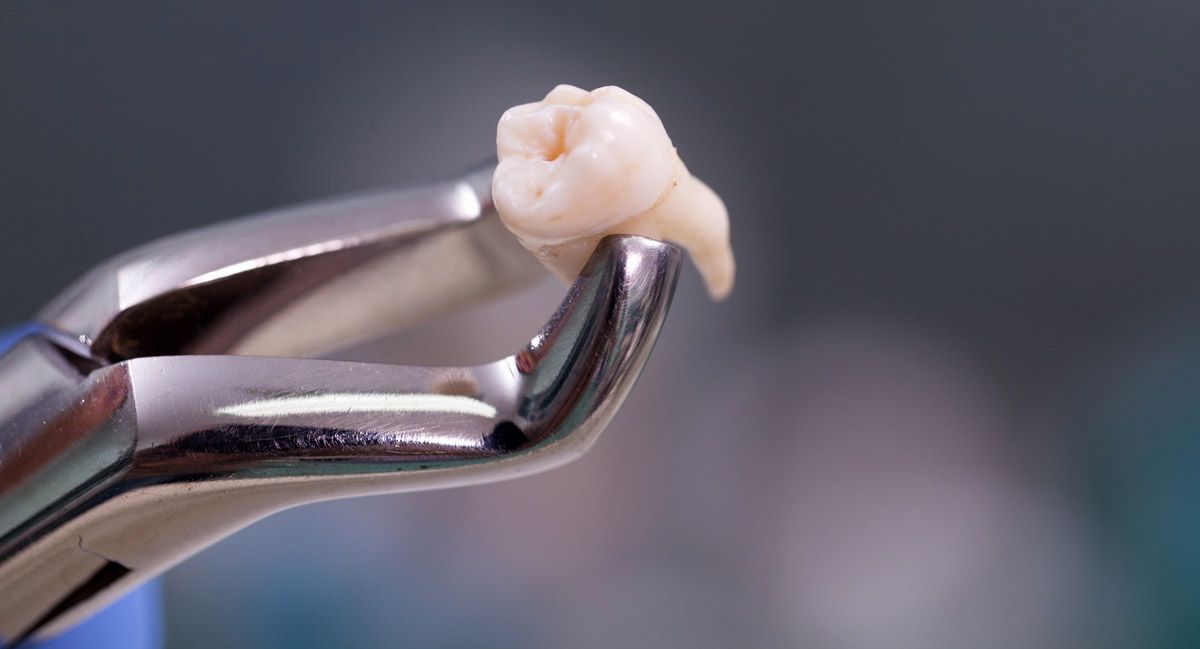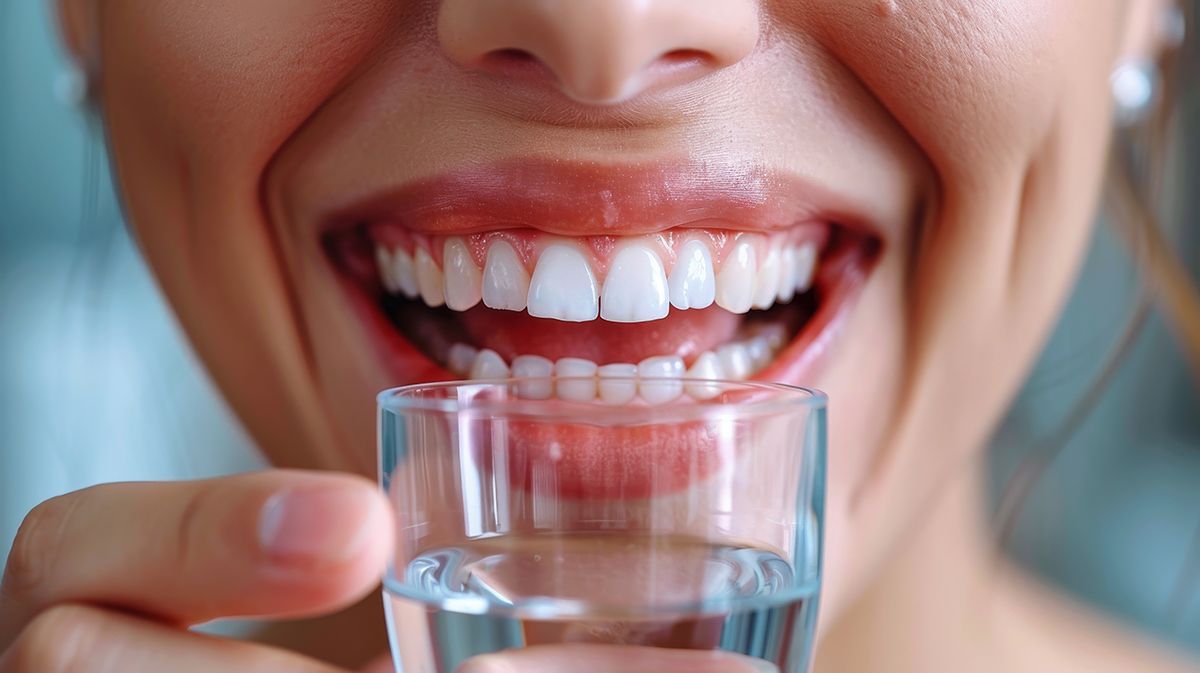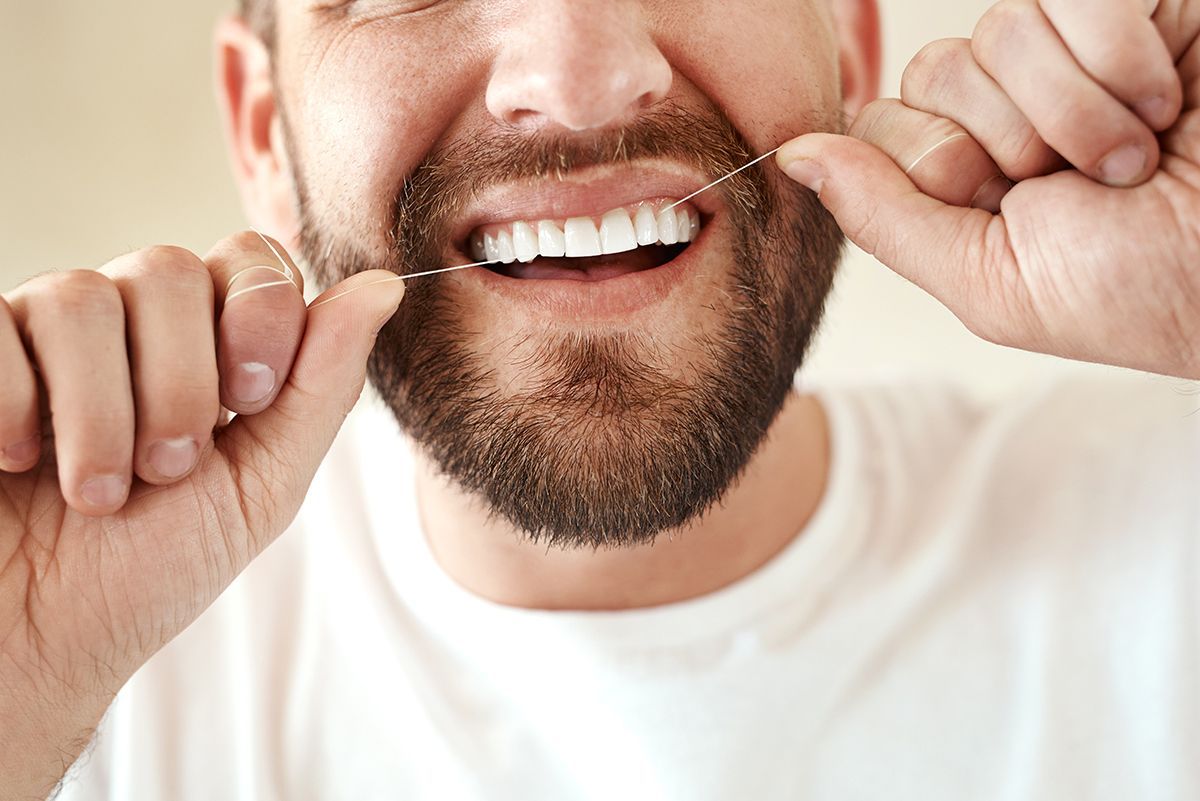How to Prevent Tooth Loss
As a dentist, we’ve encountered numerous cases where patients have faced tooth loss, often due to preventable causes. Our teeth are precious assets, contributing not only to our appearance but also to our overall health and well-being. Understanding the factors leading to tooth loss and implementing preventive measures can save your smile and preserve your dental health for years to come. At Oadby Dental Clinic, we like to update our patients regularly regarding best practices, so we thought we'd delve into the various aspects of tooth loss prevention, from understanding the causes to exploring effective preventive strategies.
What Causes Tooth Enamel Loss?
Tooth enamel loss, also known as enamel erosion, occurs when the outer layer of our teeth deteriorates due to various factors. Acidic foods and beverages, such as citrus fruits and fizzy drinks, can weaken enamel over time. Additionally, abrasive brushing techniques and teeth grinding (bruxism) can contribute to enamel erosion. Poor oral hygiene practices, including infrequent brushing and flossing, also increase the risk of enamel loss. To prevent enamel erosion, it's essential to maintain a balanced diet, practice proper oral hygiene, and avoid habits that can harm tooth enamel.
You could try:
Crunchy Fruits and Vegetables
Apples, carrots, celery, and cucumbers are excellent choices because their crunchy texture helps clean teeth and stimulate saliva production, which neutralizes acids and helps wash away food particles.
Dairy Products
Cheese, yogurt, and milk are rich in calcium and phosphorus, essential minerals that strengthen tooth enamel and promote remineralization, helping to protect against decay.
Leafy Greens
Spinach, kale, and other leafy greens are high in vitamins and minerals, including calcium, which contributes to strong teeth and gums.
Lean Proteins
Foods like lean meats, poultry, fish, and eggs provide protein and phosphorus, which are important for repairing and rebuilding tooth enamel.
Nuts and Seeds
Almonds, walnuts, and sesame seeds are good sources of calcium and protein, while also stimulating saliva production and helping to remove plaque buildup.
Water
Water is essential for maintaining hydration and promoting saliva production, which helps rinse away food particles and acids that can contribute to tooth decay. Fluoridated water also helps strengthen tooth enamel.
Sugar-Free Gum
Chewing sugar-free gum after meals can help stimulate saliva flow and neutralize acids, reducing the risk of tooth decay. Look for gum sweetened with xylitol, which has been shown to have dental benefits.

What Causes Tooth Bone Loss?
Tooth bone loss, or periodontal disease, results from bacterial infection and inflammation of the gums and supporting structures of the teeth. Plaque buildup along the gumline can lead to gingivitis, the early stage of gum disease, if left untreated, it can progress to periodontitis, causing irreversible damage to the bone and tissues supporting the teeth. Risk factors for tooth bone loss include poor oral hygiene, smoking, diabetes, and genetic predisposition. Regular dental check-ups, professional cleanings, and diligent oral care are crucial for preventing and managing periodontal disease.
Worried about tooth loss?
Book an appointment today!
How to Prevent Bone Loss After Tooth Extraction
After tooth extraction, it's essential to take proactive steps to prevent bone loss and preserve the integrity of the surrounding bone tissue. Dental implants are often recommended to replace missing teeth and stimulate bone growth. These titanium posts are surgically placed into the jawbone, providing a stable foundation for artificial teeth. Maintaining good oral hygiene, following post-extraction care instructions, and adhering to a nutritious diet (like mentioned above) can support optimal healing and reduce the risk of bone loss
Tooth Decay Stages
Tooth decay progresses through several stages, each with distinct characteristics and implications for dental health. In the initial stage, demineralisation occurs as acids produced by plaque bacteria weaken the enamel, leading to the formation of microscopic lesions. If left unchecked, these lesions can progress to cavities, which are small holes or pits in the enamel. Without intervention, tooth decay can advance to involve deeper layers of the tooth, including the dentin and pulp, resulting in infection, pain, and potential tooth loss.
Here are the simplified stages of tooth decay:
- Demineralisation: Acids from bacteria weaken enamel, forming microscopic lesions.
- Enamel Decay: Small cavities or white spots appear on the enamel.
- Dentin Decay: Decay progresses into the softer dentin layer, causing sensitivity.
- Advanced Decay: Larger cavities develop, leading to persistent toothache.
- Abscess Formation: Infection reaches the pulp, causing a painful abscess.
- Tooth Loss: Untreated abscess can lead to bone loss and eventual tooth loss.
Cavity Symptoms
Recognising the symptoms of cavities is essential for early detection and prompt treatment. Common signs of tooth decay include tooth sensitivity to hot, cold, or sweet foods, persistent toothache, visible pits or holes in the teeth, and darkening or staining of tooth enamel. If you experience any of these symptoms, it's crucial to schedule a dental examination to prevent further damage and preserve the affected tooth.
What Does Tooth Decay Look Like?
Tooth decay can manifest in various ways, depending on its severity and location within the mouth. Early-stage decay may appear as white or chalky spots on the surface of the teeth, indicating demineralisation of the enamel. As decay progresses, these spots may darken, and visible cavities may develop. In advanced cases, tooth decay can cause significant structural damage, leading to tooth fracture or collapse. Regular dental check-ups and routine imaging can help detect tooth decay in its early stages, allowing for timely intervention and conservative treatment options.
Tooth Replacement: Dental Implants
Dental implants offer a durable and natural-looking solution for replacing missing teeth and restoring oral function. Unlike traditional dentures or bridges, implants are anchored directly into the jawbone, providing stability and support for artificial teeth. The implant process typically involves multiple stages, including surgical placement of the implant fixture, osseointegration (fusion with the bone), and attachment of the prosthetic crown. With proper care and maintenance, dental implants can last a lifetime, offering patients a long-term solution for tooth replacement and improved quality of life.
Preventing tooth loss requires a combination of education, awareness, and proactive dental care. By understanding the causes of enamel and bone loss, recognising the stages of tooth decay, and embracing preventive measures such as good oral hygiene, regular
dental check-ups, and timely treatment, you can safeguard your smile and maintain optimal dental health. Whether you're seeking to preserve your natural teeth or exploring tooth replacement options such as dental implants, consulting with
Oadby Dental Clinic is the first step toward achieving a healthy and confident smile that lasts.
Ready to put your oral health and happiness first?
Book an appointment today!



